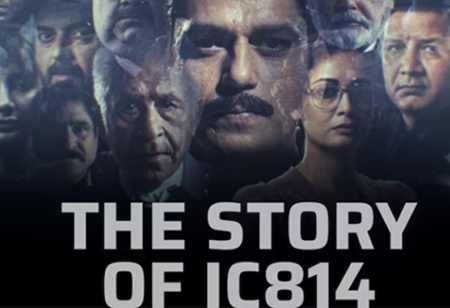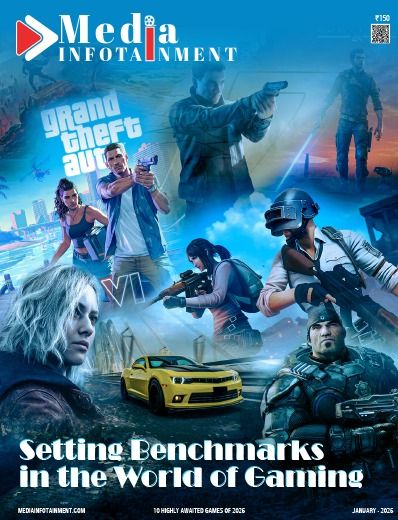Outrage Over Kandahar Series Highlights Need for OTT Regulations
The controversy surrounding Netflix's series "IC-814—The Hijack of Kandahar" has revived the debate on stern content regulations for over-the-top (OTT) platforms, according to sources related with the matter, as reported by ET.
The series, which depicts the hijacking of an Indian Airlines flight in 1999, face counteraction on social media for imprecision, such as altering the names of the hijackers. In response, Netflix India has agreed to add an updated disclaimer clarifying the real and code names of the hijackers: Ibrahim Akhtar, Shahid Akhtar Sayeed, Sunny Ahmed Qazi, Zahoor Mistry, and Shakir.
According to the sources, the Ministry of Information and Broadcasting (MIB) is primarily concerned that the web series, while advertised as a true story, is actually presented as a work of fiction. Additionally, the platform has only included a disclaimer in India, not in other international markets.
“If foreign streaming platforms continue to behave like this, the MIB will be compelled to come out with a tighter content regulation for OTT platforms, which could extend to pre-certification of content also,” a government official said on condition of anonymity.
OTT insiders expressed concern over tighter content regulation.
“This reaction can have a chilling effect on the industry… (It is) likely to curtail free speech and the ability for anyone to tell a story of any authenticity,” said an OTT expert who requested not to be identified.
Legal experts contended that the concern over character names is particular to India, which is why the updated disclaimer is only relevant there. Additionally, a petition was filed in the Delhi High Court requesting the series' withdrawal due to the use of Hindu names like Bhola and Shankar for the hijackers, but this petition was later withdrawn.
Unlike TV broadcasting, which must comply with the program code established by the Cable Television Networks Regulation Act of 1995, OTT platforms currently lack content regulation. The government had deliberated to incorporate OTT into a managerial framework through the Broadcast Bill, but this plan has been obstructed due to opposition from media organizations and independent content creators.
Currently, OTT platforms are required to adhere to a three-tier injustice redressal mechanism outlined in the IT Rules 2021. This mechanism includes self-regulation by the publishers, a self-regulatory body established by the publishers, and a government oversight mechanism.
Regarding "IC-814," despite important public pressure, the Ministry of Information and Broadcasting (MIB) acted with restraint, according to the official. “The government could have directed Netflix to either edit or remove the content under Section 69 of the IT Act, but no such action was taken,” the official noted.
Previously, the ministry has received complaints from social and religious organizations about various OTT shows, such as "Grahan" (Disney+ Hotstar), "Bombay Begum" (Netflix), and "Tandav" (Amazon Prime Video). In some instances, streaming platforms agreed to remove scenes deemed controversial, as was the case with "Tandav."
Experts argue that the IC-814 controversy highlights the difficulty of balancing creative freedom with responsible content creation on OTT platforms in India.
🍪 Do you like Cookies?
We use cookies to ensure you get the best experience on our website. Read more...






